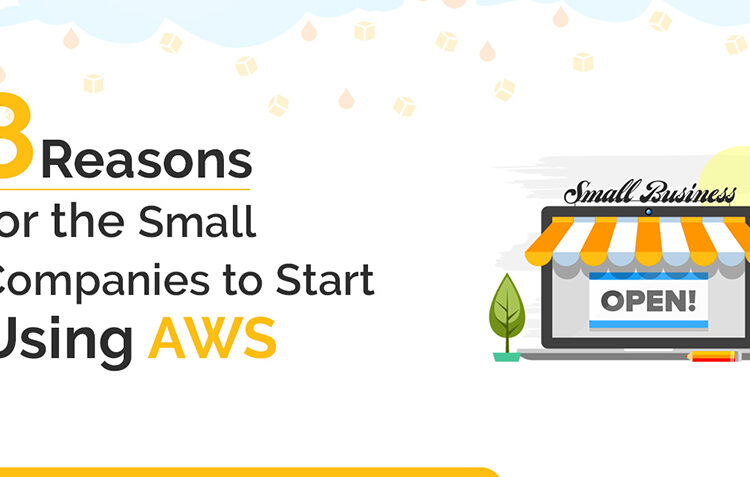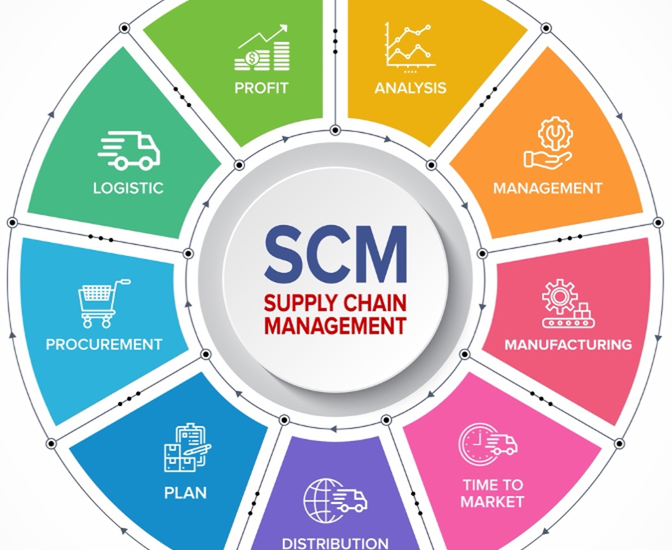Discover the transformative power of healthcare-specific CRM solutions. This comprehensive guide explores the essential features, top CRM platforms, and key factors to consider when selecting the best CRM for your practice.
Toc
In today’s healthcare landscape, the ability to proactively engage with patients, streamline administrative tasks, and gain valuable insights from patient data is more important than ever. The rise of healthcare-specific CRM systems is revolutionizing how healthcare providers operate. While the best CRM for healthcare may vary depending on the size and needs of the practice, the core benefits remain consistent: improved patient communication, enhanced workflow efficiency, and data-driven decision-making.
Understanding the Value of CRM in Healthcare
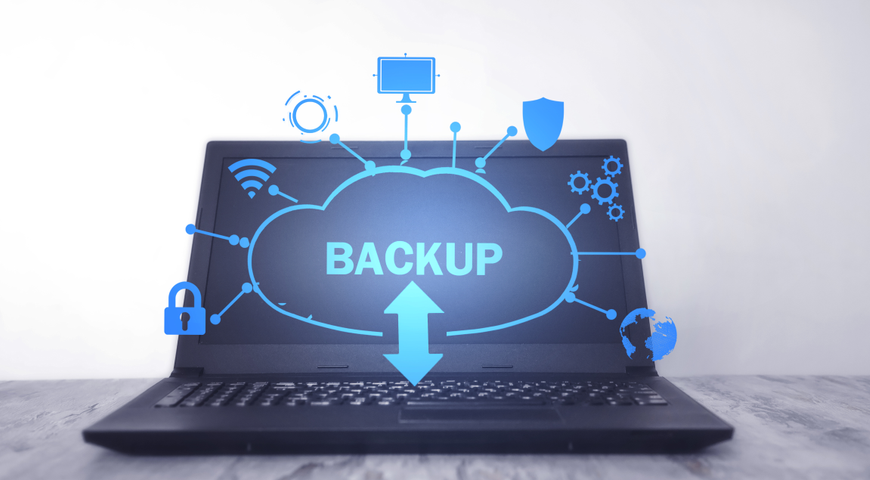
The bustling healthcare landscape, where patient engagement is paramount, is being transformed by the rise of healthcare-specific CRM systems. The industry has long relied on traditional methods; however, the increasing demand for personalized patient experiences and efficient workflows has fueled the adoption of CRM solutions tailored for healthcare.
The key benefits of implementing a CRM system in healthcare include:
Improved Patient Communication and Engagement
CRM systems enhance communication channels, enabling personalized interactions, appointment reminders, and proactive outreach. This can significantly improve patient satisfaction and loyalty, as patients feel valued and connected to their healthcare providers. By utilizing various communication methods, such as email, SMS, and patient portals, healthcare providers can cater to the diverse preferences of their patients, fostering stronger relationships and better health outcomes.
Leveraging Technology for Personalized Care
For instance, a CRM can send automated appointment reminders via SMS, email, and even through patient portals. This personalized approach has been shown to reduce no-shows by 15% or more, according to a 2022 study by the American Medical Association. While some argue that traditional methods of communication are sufficient, studies show that patients prefer a multi-channel approach, with 75% of patients stating they want to be able to communicate with their healthcare providers via text messaging (Source: Pew Research Center).
Streamlined Workflows and Administrative Tasks
CRM automates repetitive tasks, such as appointment scheduling, patient data entry, and billing. This frees up valuable time for healthcare professionals to focus on patient care, improving overall practice efficiency. Automated workflows and centralized data management eliminate the need for manual data entry, reduce errors, and enhance the overall productivity of the healthcare team.
Automating Administrative Tasks for Efficiency
Take patient intake forms, for example. CRM systems can automate the collection and processing of these forms, reducing the administrative burden on staff and allowing them to focus on patient care. A study by the American Hospital Association found that automating patient intake processes can save hospitals an average of 10 hours per patient per year. Some healthcare providers may be hesitant to adopt new technology due to concerns about cost and implementation complexity. However, the long-term benefits of increased efficiency and reduced errors often outweigh the initial investment.
Data-Driven Insights for Better Patient Outcomes
CRM gathers and analyzes patient data, providing insights into trends, patient needs, and areas for improvement. This data-driven approach can inform clinical decisions, leading to better patient outcomes and enhancing the overall quality of care. Healthcare providers can leverage the analytical capabilities of CRM systems to identify patterns, predict future needs, and proactively address patient concerns, ultimately improving the delivery of personalized and effective treatment.
Unlocking the Power of Data Analytics
By analyzing patient data, healthcare providers can identify trends and patterns in patient behavior, such as medication adherence or risk factors for certain conditions. This data-driven approach can lead to more personalized treatment plans and proactive interventions, ultimately improving patient outcomes. While some may argue that data privacy concerns should be addressed before implementing data analytics solutions, healthcare providers must ensure that data is handled securely and in compliance with regulations like HIPAA.
Essential Features of a Healthcare CRM
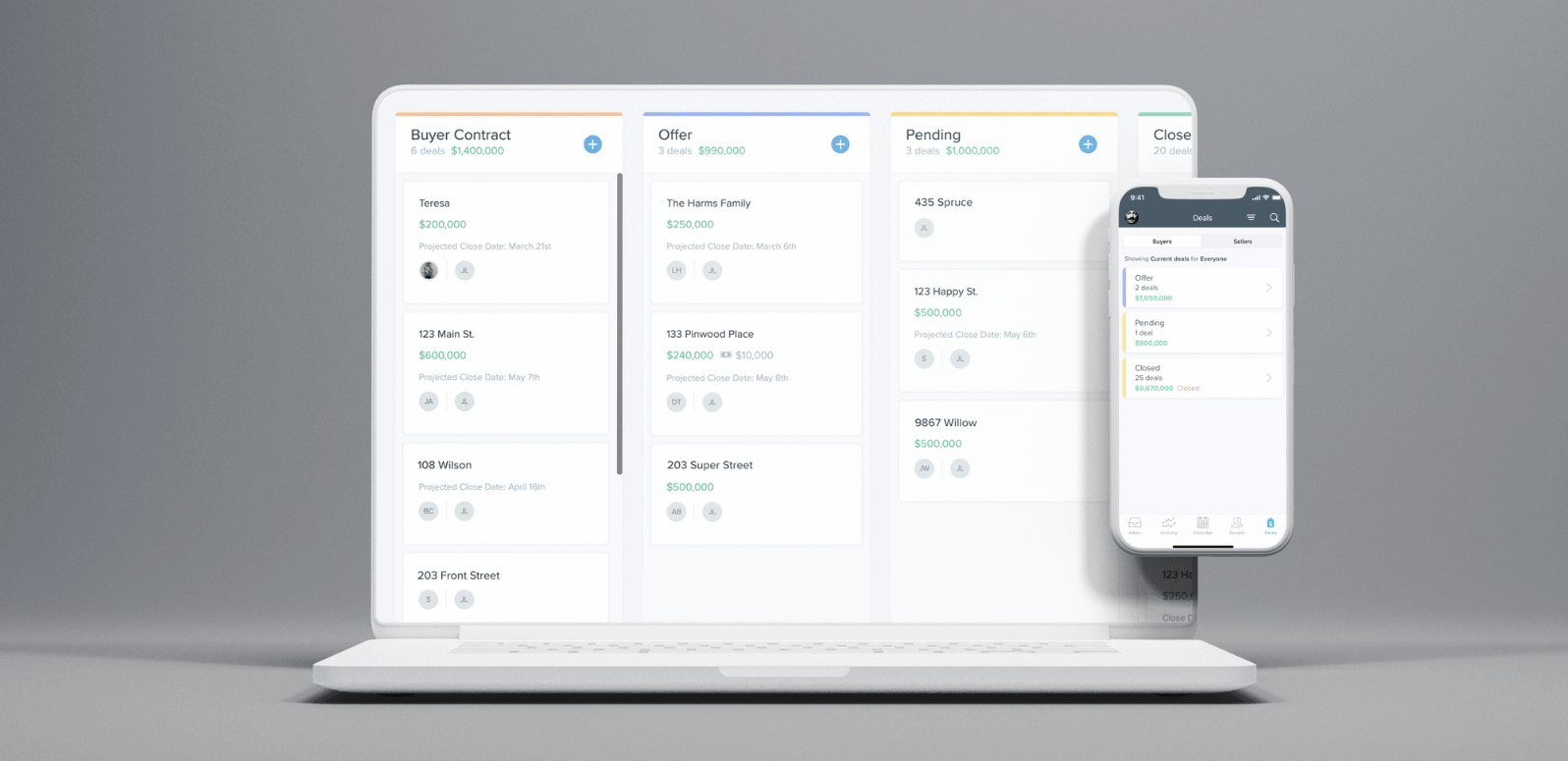
When evaluating CRM solutions for your healthcare practice, it’s important to consider the following key features:
Patient Management
Centralized Patient Profiles: Comprehensive patient profiles that include demographic information, medical history, insurance details, and communication preferences facilitate efficient patient care and reduce redundancy. By consolidating all relevant patient data in a single platform, healthcare providers can make more informed decisions, provide seamless care coordination, and ensure continuity of treatment.
3. https://cafekinhdoanh.net/mmoga-the-best-crm-for-mortgage-brokers-boost-efficiency-close-more-deals
4. https://cafekinhdoanh.net/mmoga-what-is-the-best-crm-for-small-businesses
5. https://cafekinhdoanh.net/mmoga-the-best-crm-for-shopify-boost-your-ecommerce-success
Appointment Scheduling and Reminders: CRM systems streamline appointment scheduling, allowing for online booking and automated reminders, which can help reduce no-shows and improve patient satisfaction. Automated appointment management not only enhances the patient experience but also optimizes the utilization of healthcare resources, leading to more efficient practice operations.
Communication and Engagement
Omnichannel Communication: The ability to communicate with patients through multiple channels, such as email, SMS, phone calls, and patient portals, caters to diverse patient preferences and improves engagement. This comprehensive approach ensures that patients can conveniently interact with their healthcare providers through their preferred methods, fostering better communication and stronger relationships.
Marketing and Outreach: CRM can support targeted marketing campaigns, promoting preventive care services, wellness programs, and patient education initiatives to attract new patients and build a loyal customer base. By leveraging the data and insights gathered through the CRM, healthcare providers can create personalized campaigns that resonate with their target audience, effectively expanding their patient base and strengthening their brand reputation.
Security and Compliance
HIPAA Compliance: All healthcare CRM systems must prioritize HIPAA compliance, ensuring the protection of sensitive patient data and maintaining patient privacy and confidentiality. Adherence to HIPAA regulations is crucial for healthcare providers to avoid legal complications and safeguard the trust of their patients.
Data Encryption and Access Controls: Robust data encryption and granular access controls are essential to safeguard the integrity of patient information stored within the CRM system. By implementing advanced security measures, healthcare providers can instill confidence in their patients and ensure the confidentiality of their sensitive medical data. Overall, a healthcare CRM system is an essential tool for improving patient care, increasing efficiency, and maintaining compliance in today’s technology-driven healthcare landscape. By leveraging its capabilities to streamline workflows, analyze data insights, and enhance communication with patients, healthcare providers can drive better outcomes and establish stronger relationships with their patients. As technology continues to advance, the role of CRM in healthcare will become even more critical in driving innovation and facilitating personalized care delivery.
Top Healthcare CRM Solutions
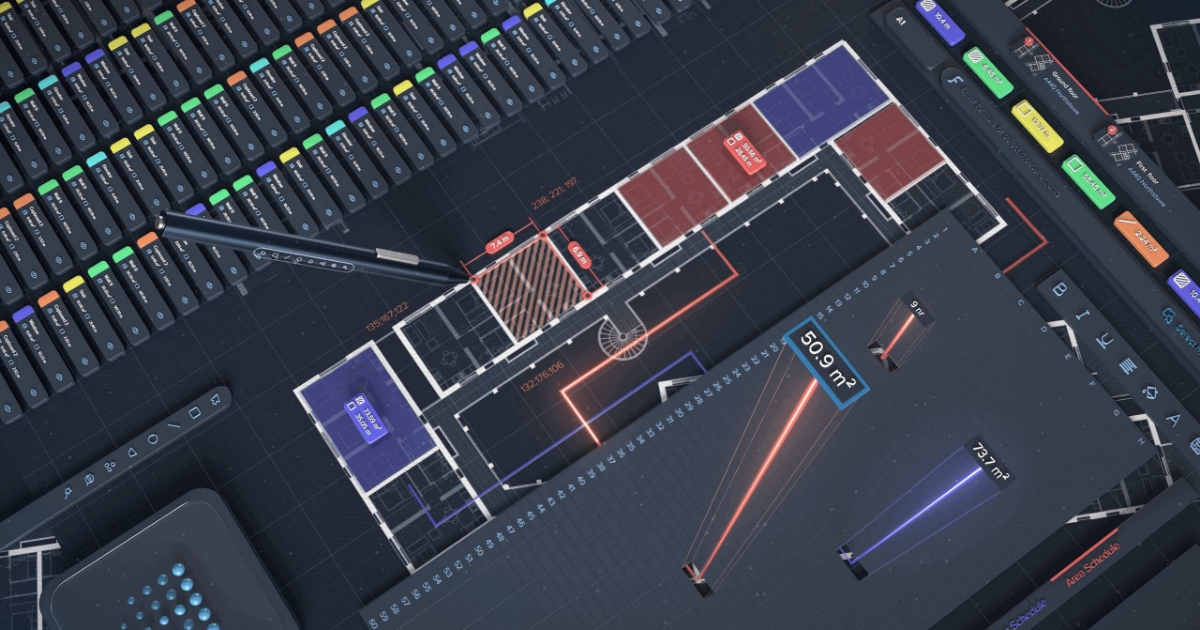
Now that you understand the key features and benefits of a healthcare CRM, let’s explore some of the top solutions in the market:
Salesforce Health Cloud
Salesforce Health Cloud is a powerful and highly customizable CRM platform that offers a comprehensive suite of features for healthcare organizations. Its strengths include scalability, advanced patient engagement tools, robust integrations, and in-depth analytics. However, its extensive features and higher price point may make it more suitable for larger healthcare providers.
Pros: Scalability, comprehensive patient profiles, robust integrations, advanced analytics
Cons: High cost, steep learning curve
Microsoft Dynamics 365 Healthcare
Microsoft Dynamics 365 Healthcare provides seamless integration with Microsoft products, enabling a unified patient profile that incorporates medical history, current conditions, and personalized care plans. Its advanced analytics and reporting capabilities, coupled with its HIPAA compliance, make it a compelling choice for medium to large healthcare organizations.
Pros: Seamless integration with Microsoft products, advanced analytics, customization options
Cons: High price, steep learning curve
Zoho CRM
Zoho CRM is a cost-effective and user-friendly CRM solution that caters to the needs of healthcare providers. It offers a range of communication features, including email, SMS, and a mobile app, to facilitate patient engagement. While it may lack some healthcare-specific functionalities, Zoho CRM’s adaptability and affordability make it a suitable option for smaller healthcare practices.
Pros: User-friendly interface, affordable pricing, robust communication tools, adaptable mobile app
Cons: Steep learning curve, complex customization, limited healthcare-specific features
Onpipeline
Onpipeline is a CRM solution that excels in invoice and billing management for healthcare providers. It offers features like automated invoicing, multi-currency support, and electronic signature collection, streamlining the financial aspects of patient care. Onpipeline’s focus on improving revenue cycle management can be particularly beneficial for smaller to medium-sized healthcare practices.
Pros: Comprehensive invoice and billing management, user-friendly interface, API integration capabilities
Cons: Limited data analytics and reporting functionalities, absence of a free trial
Leadsquared
Leadsquared is a CRM platform that caters to healthcare organizations of all sizes, offering scalable solutions and a user-friendly interface. Its strengths lie in real-time patient data analytics, lead management, and marketing automation. Leadsquared’s HIPAA compliance and seamless integrations make it a viable option for healthcare providers seeking a robust and flexible CRM system.
Pros: Scalable solutions, real-time patient analytics, marketing automation capabilities, HIPAA compliance
Cons: Limited customization options, occasional performance issues reported by users
Choosing the Right CRM for Your Practice: A Decision Framework
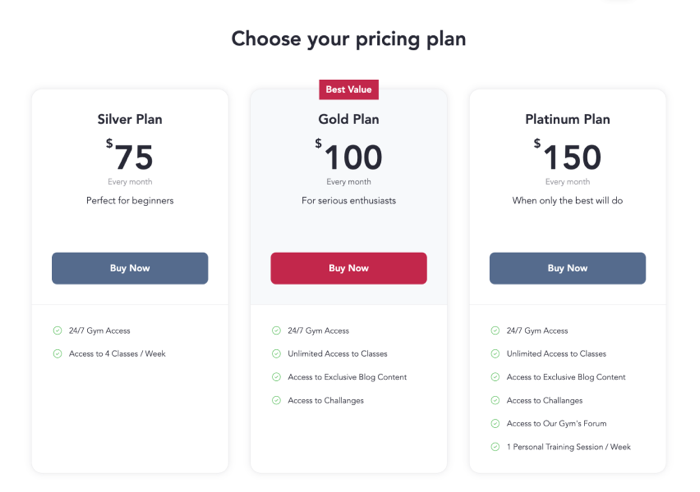
1. https://cafekinhdoanh.net/mmoga-what-is-the-best-crm-for-small-businesses
3. https://cafekinhdoanh.net/mmoga-the-best-crm-for-mortgage-brokers-boost-efficiency-close-more-deals
4. https://cafekinhdoanh.net/mmoga-the-best-crm-for-shopify-boost-your-ecommerce-success
When selecting the best CRM for your healthcare practice, consider the following factors:
- Practice Size and Needs: Evaluate the CRM’s scalability and ability to accommodate your practice’s growth and specific requirements. Larger healthcare organizations may require more robust features and enterprise-level solutions, while smaller practices may benefit from more affordable and user-friendly options.
- Integration with Existing EHR Systems: Ensure seamless data exchange between the CRM and your current electronic health record (EHR) system. This integration is crucial for maintaining a comprehensive patient profile and streamlining clinical workflows.
- Data Analytics and Reporting Capabilities: Assess the CRM’s ability to provide valuable insights into patient trends, performance metrics, and areas for improvement. Robust data analysis tools can help healthcare providers make informed decisions and enhance patient outcomes.
- Budget and Pricing: Compare pricing models and determine the best value for your investment, considering both upfront and ongoing costs. Some CRM solutions offer tiered pricing plans, allowing you to scale your subscription as your practice grows.
- Customer Support and Training: Investigate the CRM provider’s support resources and training options to ensure a smooth implementation and ongoing use. Responsive customer service and comprehensive training materials can facilitate a seamless transition to the new CRM system.
Frequently Asked Questions
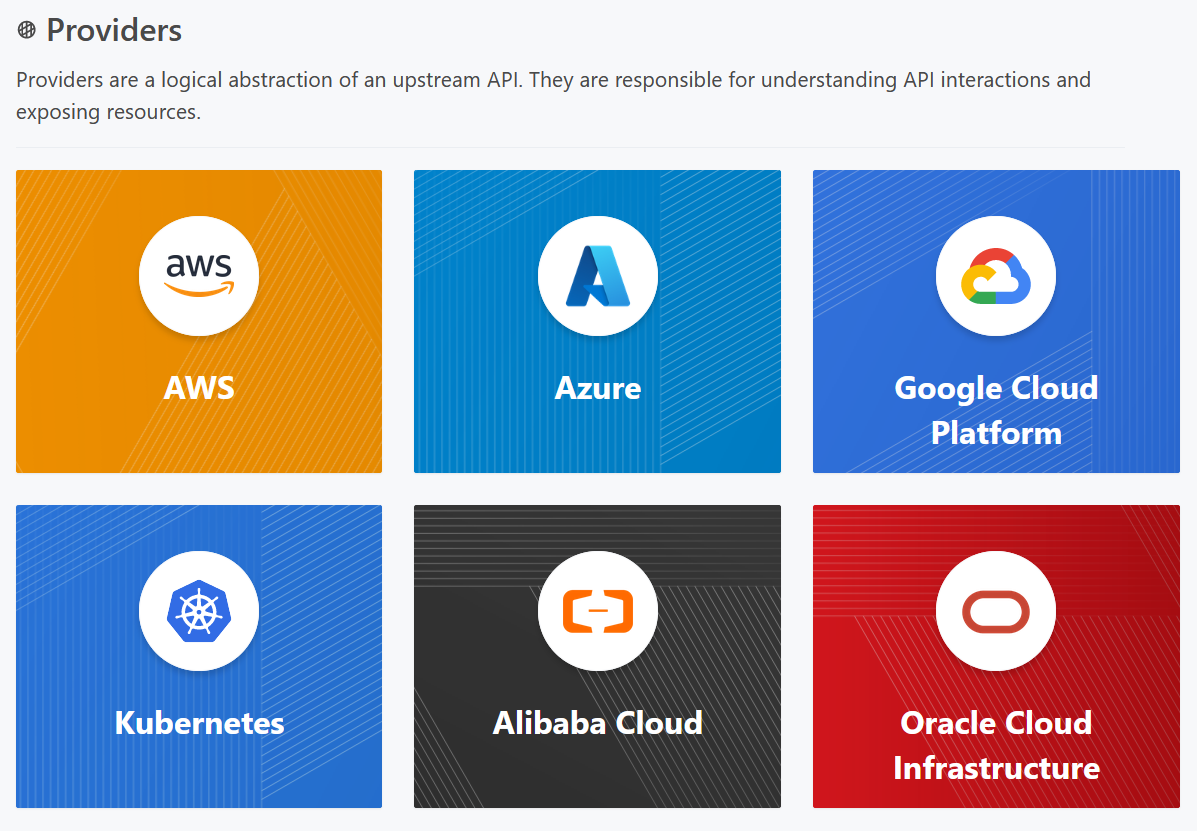
Q: What are some common mistakes to avoid when choosing a healthcare CRM?
A: Some common mistakes include not considering HIPAA compliance, neglecting integration with existing systems, overlooking data analytics capabilities, and failing to properly evaluate customer support.
Q: How can I ensure a smooth implementation of a CRM system in my practice?
A: To ensure a smooth implementation, involve key stakeholders, provide adequate training, start with a pilot program, and gather feedback from staff and patients.
Q: How can a CRM enhance patient engagement?
A: A CRM can enhance patient engagement through personalized communication, timely reminders for appointments, and targeted health education campaigns, ensuring patients feel valued and informed.
Q: Are there specific CRMs designed for smaller healthcare practices?
A: Yes, CRMs like Zoho CRM and Onpipeline are tailored to meet the needs of smaller healthcare practices, offering user-friendly interfaces and affordable pricing options.
Q: What role does data analytics play in a healthcare CRM?
A: Data analytics in a healthcare CRM helps providers understand patient trends, track outcomes, and identify areas for improvement, leading to enhanced patient care and operational efficiency.
Conclusion
Implementing a healthcare CRM system can be a game-changer for your practice, empowering you to deliver exceptional patient care, streamline administrative tasks, and gain valuable data-driven insights. By carefully evaluating the key features and factors discussed in this article, you can find the best CRM solution to transform your healthcare practice and enhance patient outcomes.
Explore the CRM options presented here, request demos, and contact providers directly to determine the perfect fit for your healthcare organization. The potential of CRM to revolutionize patient care and practice efficiency is truly exciting, so don’t hesitate to take the first step towards a more connected, efficient, and data-driven future.
In conclusion, the journey towards selecting the best CRM for healthcare is essential for any practice aiming to thrive in today’s competitive environment. By prioritizing patient engagement, operational efficiency, and data security, healthcare providers can not only enhance their service delivery but also foster long-term patient relationships that are vital for success in the ever-evolving healthcare landscape.







